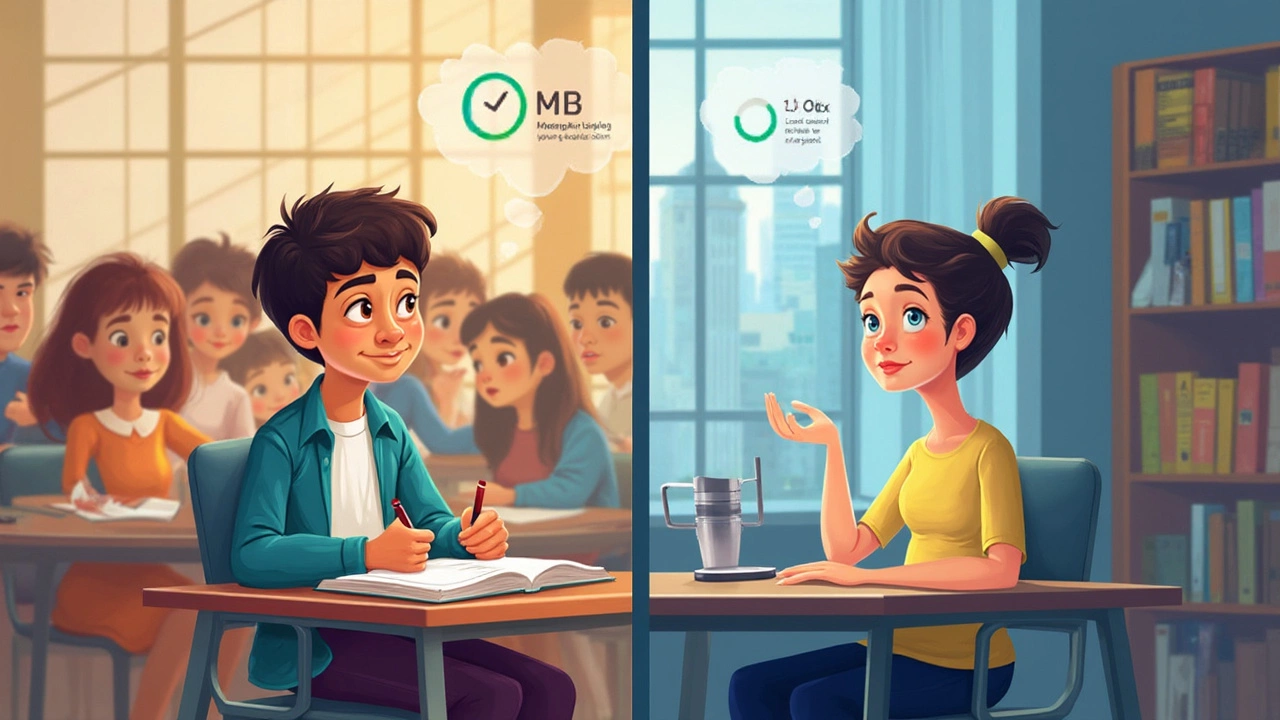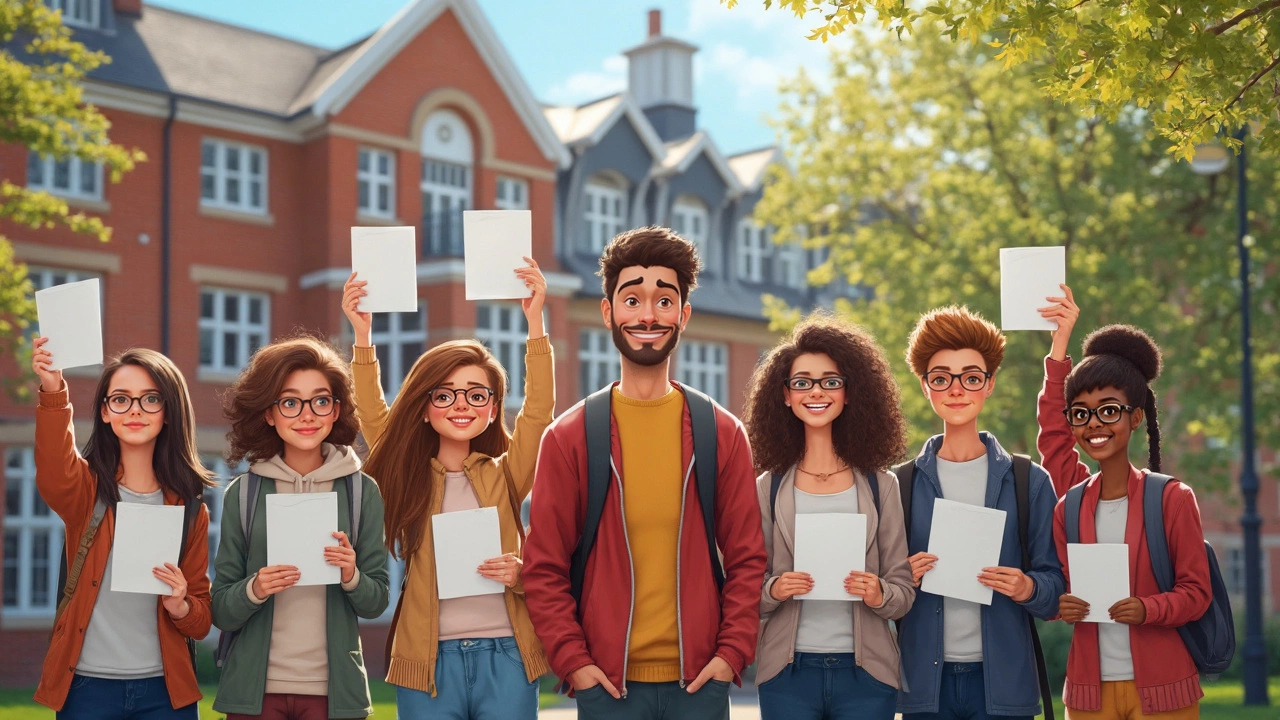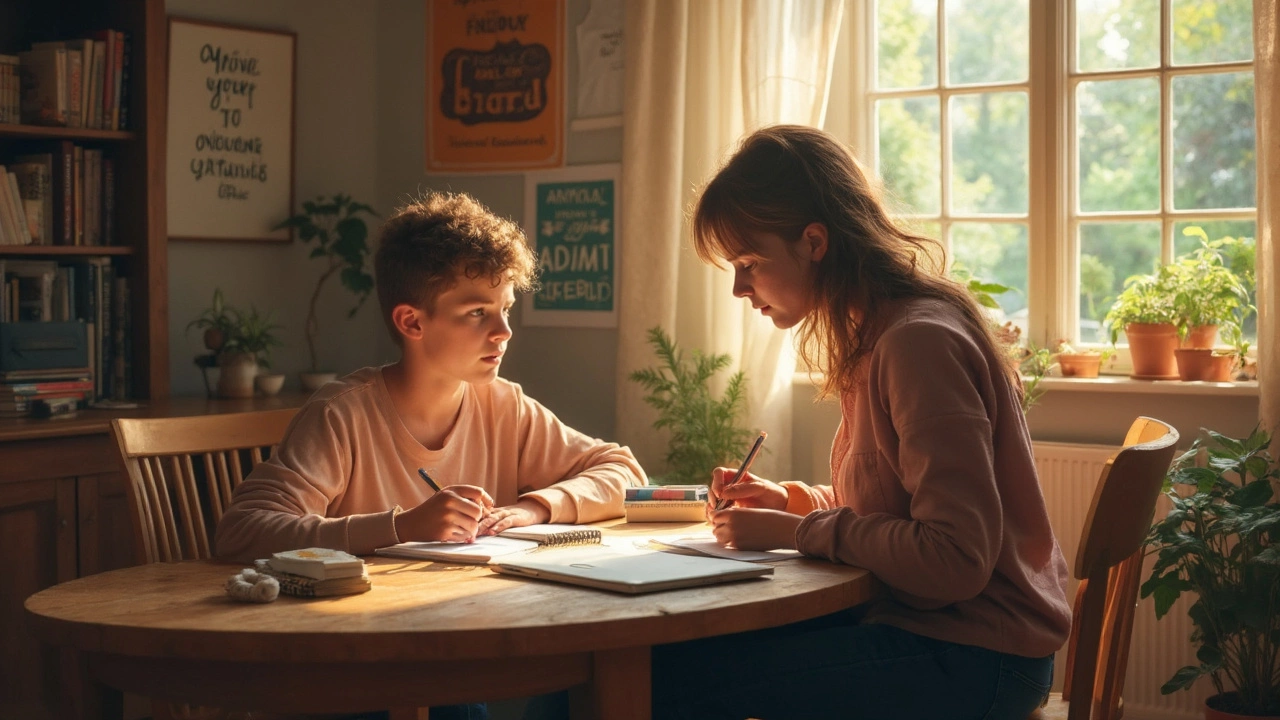Imagine paying a small fortune for extra lessons with the hope your child will finally ‘get’ math, breeze through chemistry, or just not panic at quiz time. Ever wondered if private tutoring is actually worth it, or if it’s just a fancy new way to keep parents anxious and wallets empty? With tutoring centers everywhere, and Zoom lessons now a norm, let’s dig into whether the buzz matches reality. Spoiler: The results might surprise you.
Private Tutoring: Breaking Down the Claims and Evidence
So, what are people really after when they turn to private tutoring? For most, it’s not just about bumping up grades, but also boosting confidence, plugging knowledge gaps, and maybe getting a shot at selective schools. But does it actually deliver on these promises? Research from the Education Endowment Foundation found targeted one-to-one tuition can move students ahead by about five months over an academic year. That’s not just a blip—especially for kids who’ve been lagging behind. The numbers look even better for kids from disadvantaged backgrounds.
Now, before you gather your piggy bank for a tutor, it’s good to point out: not all tutoring is made equal. Cookie-cutter lessons from someone just reading through homework? Not much effect there. But personalized sessions—the kind focused on your child’s weak spots—are where real growth tends to happen. A team of researchers at Stanford tracked nearly 2,000 kids over three years and found that students who got customized tutoring improved test scores by 15% on average. Even more powerful: students who'd been labeled 'hopeless' actually developed stronger study habits and stopped dreading school.
But here’s where things get tricky. Tutoring’s magic isn’t automatic. Timing matters a lot. Kids who get tutoring early, before major gaps set in, tend to get the biggest leap. Waiting until high school—when the pressure is on and panic is high—usually brings smaller, but still real, boosts. Also, the frequency and quality of sessions change everything. One lesson a month isn’t going to cut it. Most saw meaningful progress after at least eight to twelve sessions, ideally booked weekly.
Of course, emotional support is no small bonus. Kids who feel lost at school often get labeled as 'lazy' or 'distracted.' A good tutor can make school feel less like a minefield and more like a place where questions aren’t embarrassing. This sort of tailored encouragement is a serious confidence builder. Psychologists at the University of Toronto ran a study where shy, underperforming kids were paired with tutors who not only taught the material but also asked them about their day. Shockingly, these students didn’t just get higher grades—they actually started volunteering answers in class.
Not every tutor is equal, though. Credentials matter, but so does personality. Some of the most effective tutors aren’t certified teachers, but are college students enthusiastic about their subject. The key thing? A genuine connection. If your child can’t stand their tutor (or vice versa), don’t expect miracles.

What Real Families, Teachers, and Students Say
Let’s get personal. Surveys from The Learning Agency in 2024 show that 70% of parents who paid for private tutoring felt it was a good investment, but the reasons why are as various as the families themselves. Some rave about their child’s newfound love of reading; others mention finally surviving geometry. But an interesting twist: some students say tutoring helped most by changing how they saw mistakes. Instead of “I got a D, I’m dumb,” it became “I missed this, but I can figure it out.” That shift is huge, since grades alone can be a blunt tool for measuring success.
On the teacher side, there’s a mixed bag. Many welcome tutors as partners, especially in crowded classrooms. “I had a student who couldn’t multiply,” says Ms. Graham, a fifth-grade teacher in Chicago. “His tutor broke it down into games and stories—he caught up in two months.” Some teachers, though, worry about tutors creating confusion if they use methods very different from what’s done in class. Regular communication helps—sharing lesson topics or strategies between tutor and teacher keeps things running smoothly.
There’s also the issue of expectations. Private tutoring is not a magic wand. When parents hope for an SAT score to jump 300 points after five sessions, disappointment is almost guaranteed. The best results show up for students who stick with it long enough to really practice what they learn, and when parents and students are honest about their goals. “The pressure almost broke my daughter,” admits one New Jersey parent. “Once we let go of trying for perfect grades and focused on her stress, tutoring became something she actually looked forward to.”
Online tutoring—especially since the pandemic—has opened the field for more families. Not all kids thrive in front of a camera, though. Some students zone out or don’t ask questions when they’re not face-to-face. But for others, like a 14-year-old with social anxiety from Austin, virtual lessons take away the stress. She told a survey team, “I just unfroze. I could type my questions, and it felt safer.”
Cost is a huge part of this discussion. Quality private tutoring can run from $30 to $100 per hour (in some cities, double that if you want a subject expert for SAT prep). That adds up. Families desperate for help may stretch their budgets, but experts suggest getting references, trial sessions, and clear goals before committing to a plan. Some community organizations, libraries, and schools now offer free or discounted tutoring to help make a dent in the inequality gap. Always worth asking if these exist in your area before shelling out for premium services.

Tips for Getting the Most Out of Private Tutoring
If you’re thinking of hiring a tutor, there’s more to it than picking the first person with a shiny profile. Here’s how real people get the most bang for their buck:
- Tutoring effectiveness depends on matching the tutor’s teaching style to the student’s learning style. Is your kid a visual learner? Ask for diagrams and videos, not just lectures.
- Set clear goals. Instead of “Do better in math,” try “Be able to solve quadratic equations on their own.” Clarity helps everyone track progress.
- Check in regularly. Discuss what’s working and what’s not—students sometimes nod along out of politeness instead of saying they’re lost.
- Encourage independent learning, too. The goal isn’t lifelong tutoring. Ask the tutor to focus on building study strategies—organizing notes, managing time, figuring out how to ask for help. Long-term, these pay off the most.
- Talk to your child. If the fit feels off, it probably is. Lesson time should feel like a safe space, not an extension of school stress or family drama.
- If budget is tight, try group tutoring. Kids sometimes learn better in pairs or small groups—they grow confidence from seeing classmates ask the same questions.
- Don’t fall for marketing. Credentials look great on paper, but chemistry and teaching style matter more.
- If your child seems bored, ask the tutor to change it up: more games, practical problems, or new methods of reviewing mistakes.
- Online or in-person? Test both if possible. Some kids are more engaged with an enthusiastic, in-person tutor; others perform better with digital tools and virtual notes. Adapt as needed.
- Keep expectations realistic. Most meaningful progress is gradual, not instant.
It helps to remember that no amount of tutoring can replace sleep, downtime, or emotional support. If a student is burnt out, even the world’s best tutor won’t see results. Cut back on back-to-back activities so they have a real chance to recharge and absorb what they’re learning.
Last but not least, see if you can identify small but significant wins, like a shy student raising their hand, or someone who hated reading finishing a chapter for fun. That’s the kind of growth that outlasts the next test.
So yes, private tutoring can work wonders, but only with the right mix of timing, support, realistic expectations, and a bit of human connection sprinkled in. Treat the tutor as a guide, not a savior, and you’ll be on the right track.


Write a comment